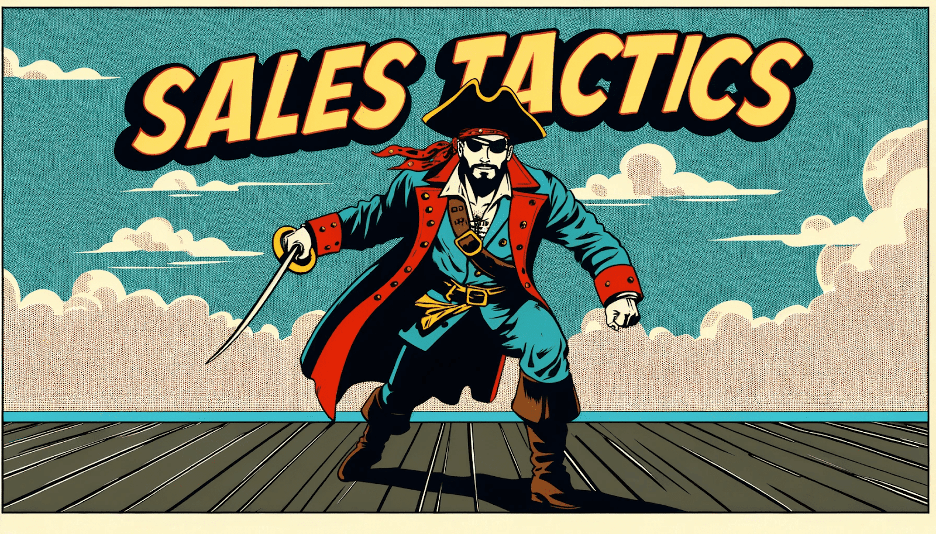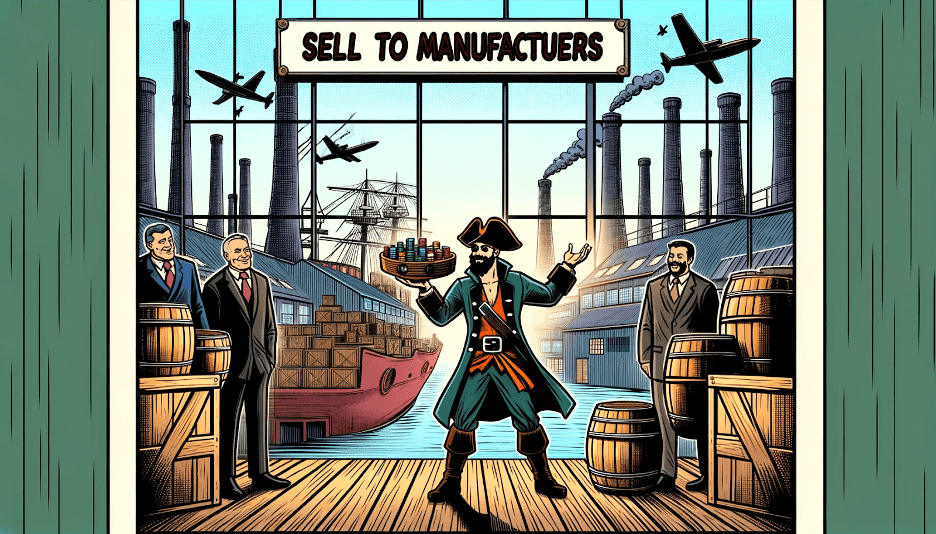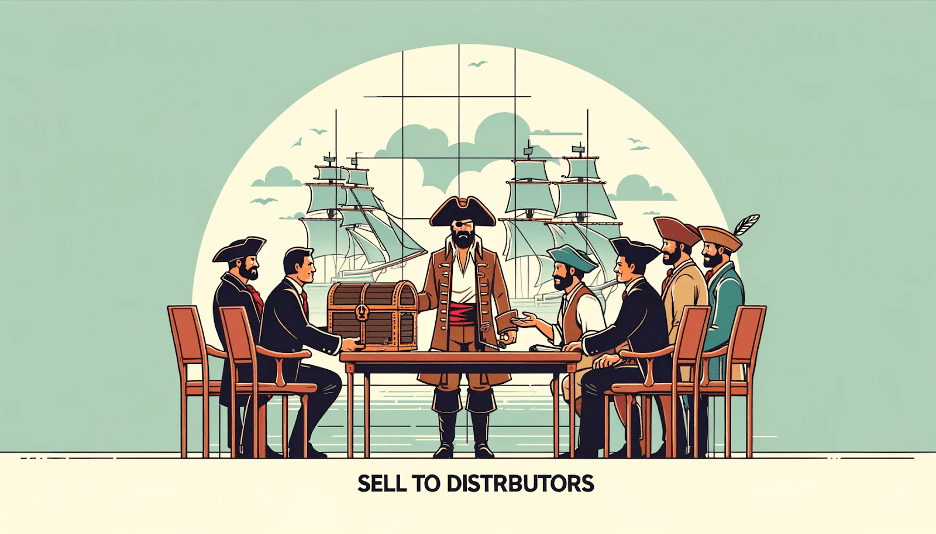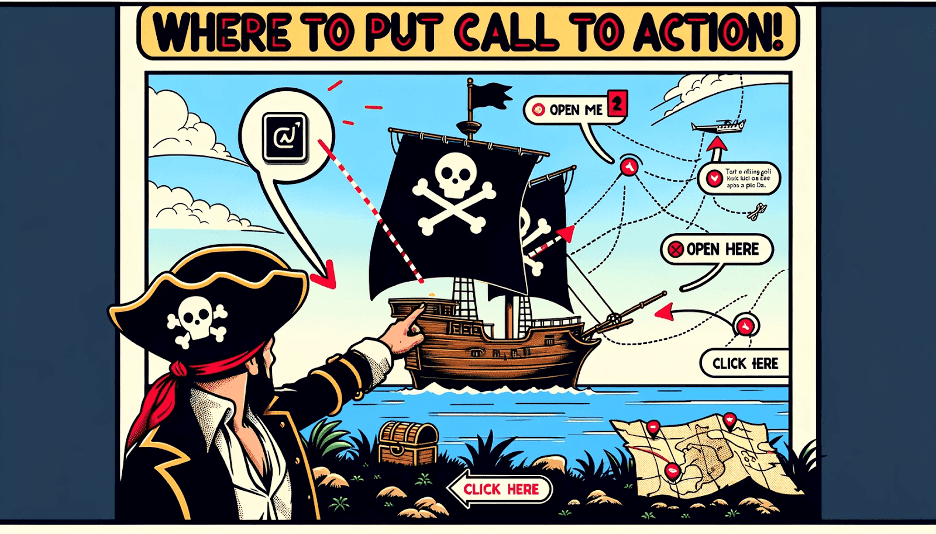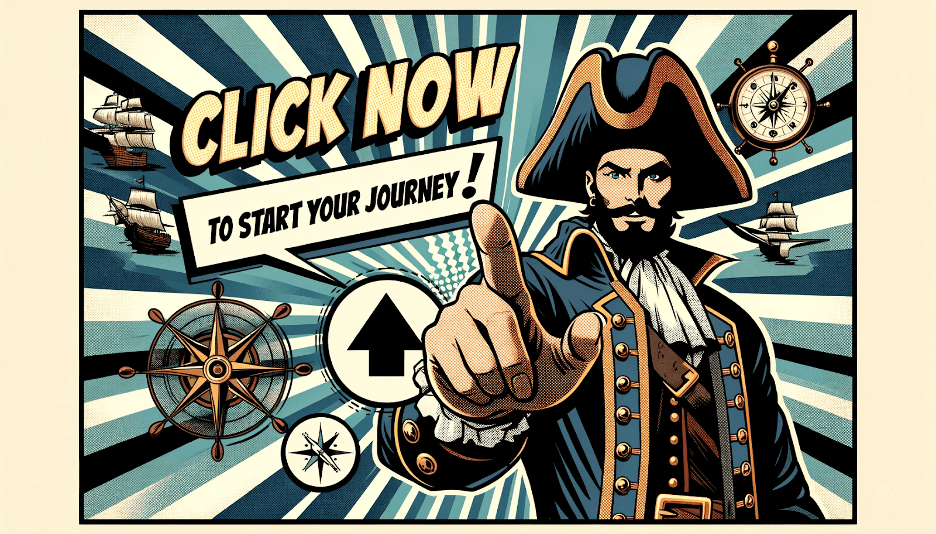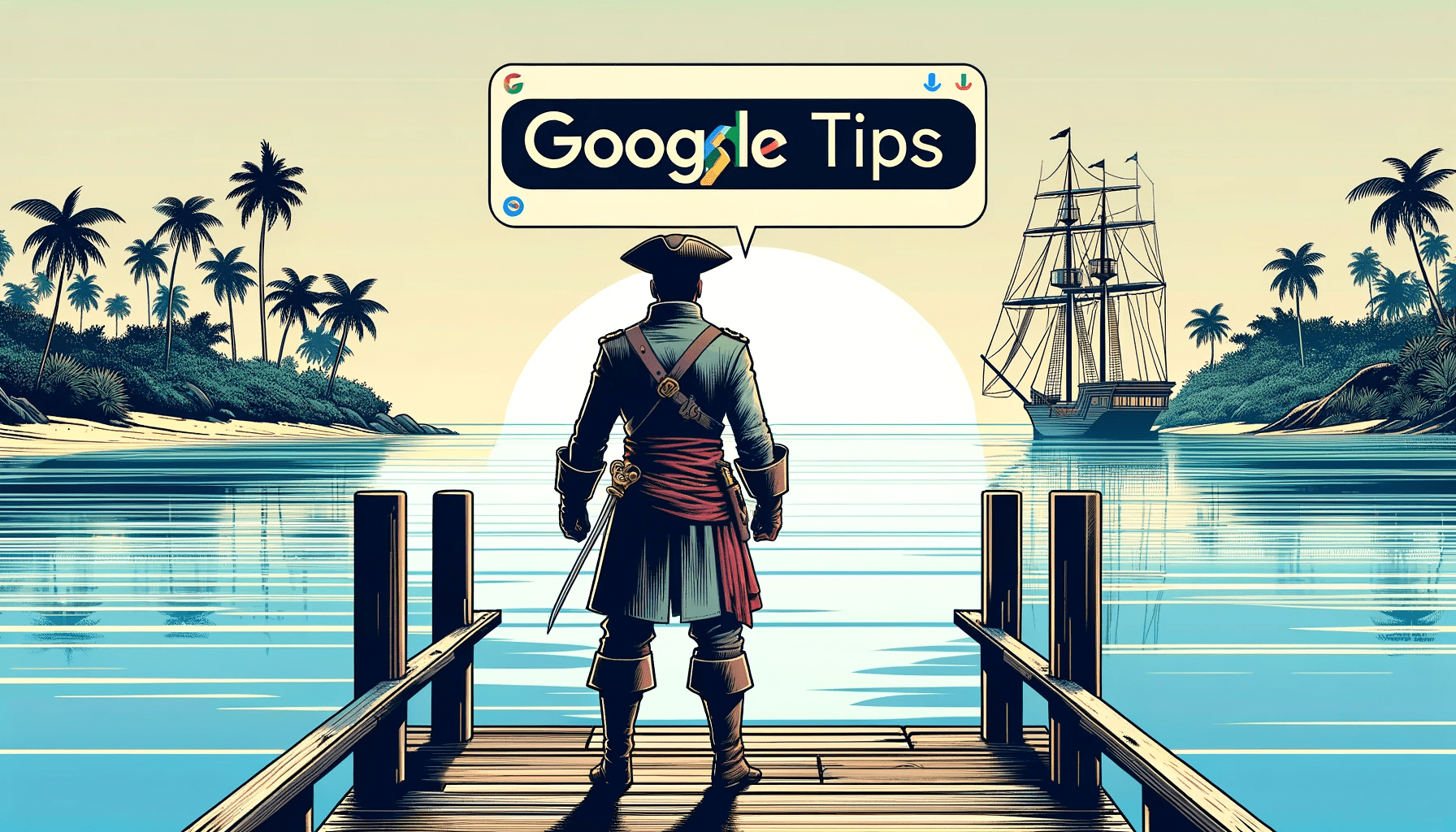
Navigating the Digital Seas: Your Marine Industry Guide to Ranking #1 on Google
In the vast ocean of Google’s search results, ranking #1 is akin to discovering a treasure. It’s not just about being seen; it’s about being recognized as the authority in your niche. For those in the marine industry, this guide will serve as your compass to navigate the complex currents of SEO and anchor your website at the top of Google’s search results.
Follow Merrill Charette for more content and check out www.mida.pro
Understanding the Importance of Content
“Content is king,” as the old adage goes, and it’s as true in the marine industry as it is anywhere else. But not just any content—content that serves as “great link bait” and appeals to your ideal client. It should be “detailed, have data, and increase your odds that it could form as good link bait,”. For instance, creating comprehensive guides on marine safety, detailed reviews of boating equipment, or in-depth analyses of maritime trends can attract valuable links and establish your site as an authority.
Optimizing Your On-Page Elements
The journey to the top of Google begins with your website’s on-page elements. The URL, title tag, and meta description are the trinity of on-page SEO. The first thing I want to look for is that primary keyword in the most important spots. For a marine business, this means including terms like ‘marine industry,’ ‘boating,’ or specific services you offer, along with your location, to capture local searches.
Crafting a User-Friendly Experience
UX is the wind in your SEO sails. The number one thing we need to do on any web page is make sure the user knows where they are. This means clear headlines, a navigable layout, and content that’s above the fold. For a marine site, this could involve a clear display of your services, easy-to-find contact information, and a layout that showcases your expertise in the field.
Building Topical Authority
“Building topic authority on the local level” is crucial. For the marine industry, this could involve creating content clusters around topics such as yacht maintenance, maritime laws, or ocean conservation. By covering these topics comprehensively, you signal to Google that your site is a go-to resource in your niche.
The Role of Backlinks
Backlinks are the endorsements of your website’s credibility. We will warn you against “spammy” links, instead “build authority through content” that naturally earns links. In the marine industry, this could mean earning links from authoritative boating magazines, marine conservation organizations, or industry forums.
Originality and Quality of Content
The authenticity of your content is your beacon of trust. AI content can rank, but the goal is to shift this percentage and create a higher likelihood that it’s original. For marine businesses, this means creating unique content that reflects your brand’s voice and expertise, not just generic industry copy.
Engaging and Helpful Content
Finally, the content must not only be original but also engaging and helpful. “Is the content actually good?” this translates to providing value through tutorials, expert advice, and insights that help your audience make informed decisions.
Setting Sail for Success
Ranking #1 in Google is a journey that requires a map and a strategy. By focusing on creating link-worthy content, optimizing on-page elements, providing a stellar user experience, building topical authority, acquiring quality backlinks, ensuring content originality, and delivering engaging and helpful information, your marine industry website can sail smoothly to the top of Google’s rankings.
Brought to you by
SHIPSHAPE.PRO – Innovative platform that bridges the gap in marine repair
&
MIDA.PRO – Marine Industry Digital Agency – Web dev / Marketing
Podcast – SHIPSHAPE INTERNATIONAL OCEAN INSIGHT
